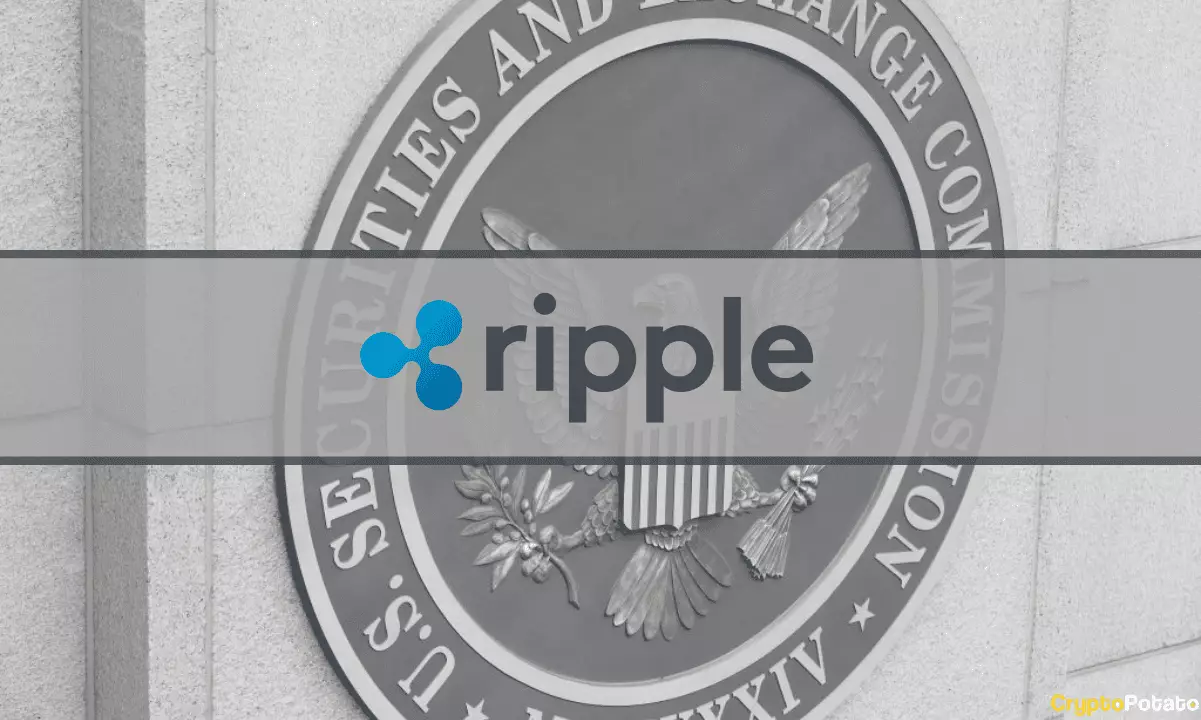In a significant development for the cryptocurrency landscape, the U.S. Securities and Exchange Commission (SEC) has filed an appeal against the ruling favoring Ripple Labs in its ongoing legal battle concerning the status of its XRP token. This decision not only sparks controversy within the crypto community but raises broader questions about regulatory practices in the digital asset space.
The crux of the Ripple lawsuit revolves around whether XRP should be classified as a security under U.S. law. Judge Torres’s 2023 ruling represented a monumental moment when it was determined that secondary sales of XRP did not fall under the SEC’s jurisdiction based on the Howey test, which is traditionally employed to assess investment contracts. The SEC contends that XRP should be classified as a security, thereby subjecting it to stringent regulatory oversight. The appeal aims to challenge this landmark ruling, a move interpreted by many as the agency attempting to assert its authority over the burgeoning cryptocurrency sector.
Ripple’s legal strategy has drawn both criticism and support from various quarters. Chief Legal Officer Stuart Alderoty articulated disappointment over the appeal, emphasizing that it prolongs the SEC’s perceived embarrassment in handling the case. His assertion that the court previously rejected allegations of recklessness and fraud points to a growing sentiment that the SEC may be overreaching its mandate in the fast-evolving crypto landscape.
Furthermore, Ripple’s CEO Brad Garlinghouse has taken a strong stance, arguing that the SEC should have ceased its pursuit long ago, as the legal ruling has already cemented XRP’s status as a non-security. This defensive posture indicates Ripple’s commitment to contesting the SEC’s assertions, fostering a narrative that the agency’s actions could undermine innovation in the digital currency arena.
Adding a political dimension to the legal fray, Massachusetts Senator candidate John Deaton entered the discourse with a passionate response on social media. His criticisms of the SEC illuminate a broader dissatisfaction with governmental approaches to regulating cryptocurrencies. Deaton’s personal investment in the fight against alleged SEC misconduct—spending significant personal resources on the matter—points to a community rallying against perceived overregulation. Such comments highlight the intertwining of politics, law, and technology, suggesting that the ramifications of this legal battle extend beyond Ripple and may influence regulatory approaches toward cryptocurrencies as a whole.
The potential consequences of this appeal have already begun to materialize in the cryptocurrency market. Following the announcement, XRP holders reacted with trepidation, resulting in a significant 12% drop in the token’s value. Trading fluctuations indicate serious investor unease, driven largely by fears of ongoing regulatory interference. As XRP faced a price decrease from above $0.60 to below $0.53, concerns grow that continued litigation could further stifle market confidence and hinder overall growth in the sector.
Within the broader context of cryptocurrency investments, this volatility reflects more than just Ripple’s fortunes; it symbolizes the significant impact that regulatory actions can have on market dynamics. The current uncertainty may dissuade new investments, hinder institutional participation, and hamper initiatives designed to adapt levers of innovation within this space.
As the appeal progresses, it undoubtedly poses questions about the role of the SEC in the evolving cryptocurrency ecosystem. The outcome of this legal struggle will likely set critical precedents affecting the regulatory frameworks applied to other digital assets as well. Proponents of the cryptocurrency industry argue that clear regulations encouraging innovation are necessary, while others warn against unfettered growth that could lead to consumer harm.
Ultimately, the Ripple case represents a microcosm of the larger battle looming between regulatory bodies seeking to impose order in uncharted territories of finance and crypto innovators advocating for the rights and freedom of a decentralized economy. As both sides dig in for a longer legal duel, the discourse surrounding this pivotal moment could shape the future of cryptocurrencies in America for years to come.

